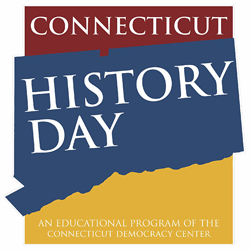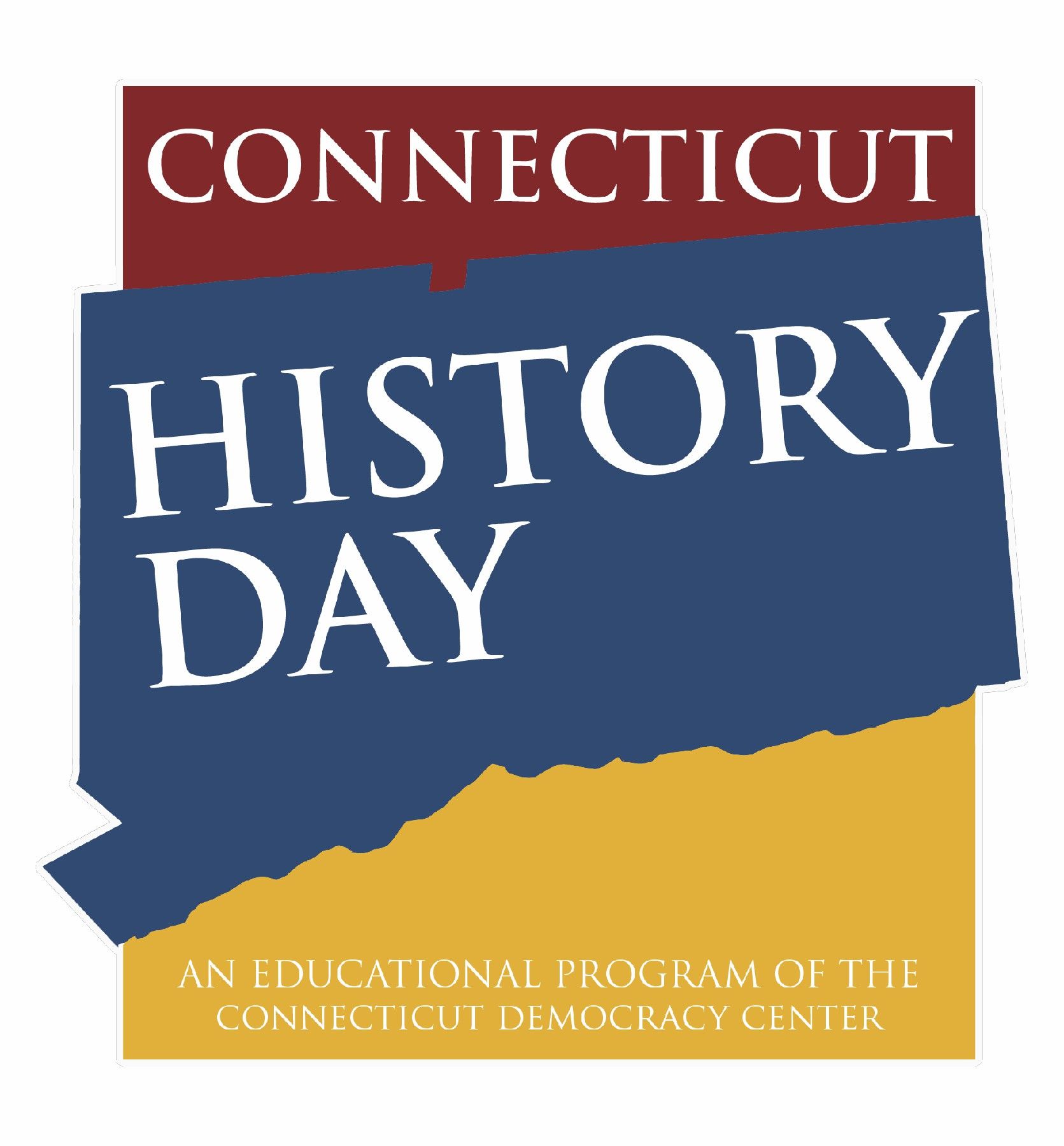FAQ – Judges
FAQ - Judges
Why do judges receive websites and papers in advance of the contest?
Papers and Websites are text heavy projects. They are due in advance of the contest in order to give judges time toproperly review them.
How many Regions does Connecticut have?
Connecticut has five regions: Fairfield, Mansfield, New Haven, Norwich, and Torrington. Regional contests are held on Saturdays throughout March. Specific towns are assigned to one of the Regional Contests.
Is it ok if only one student from a group attends the contest?
Saturdays are busy for students; it is fine if a group is missing members on the day of the contest. The execption is the performance category, as students need to be present to do the performance.
How much help can students get from their parents?
All aspects of projects must be created by the students associated with it. However, in circumstances where power tools or other dangerous materials need to be used, parental assistance is absolutely fine. Do keep in mind that for the Performance category parents may help carry staging items into the room, but the student needs to set up any props. Parents are great sounding boards for projects, so definitely discuss your project at the dinner table!
Is it okay for students to make changes to their project in-between the Regional and State Contests?
Absolutely! We encourage students to use the constructive feedback that they receive at the Regional Contest to improve their project before the State Contest.
Can students choose a current event as a topic?
History Day projects need to be able to show historical context. There is no hard and fast rule about how old a topic needs to be, but make sure it is old enough that you can show the impact of your topic on today's world.
Are captions under photographs/images included in the student written word limit requirement?
Captions do not count towards the word limit if they are used simply for identification. They do count if they are interpretive. Examples -- Identification: Photo of the collapsed mine. Interpretive: Photo of the collapsed mine that clearly shows the negligence of the mining company. Names, titles, etc. all count toward the word limit. Any student composed words count except for those listed in Rule E2 on page 21 of the Rule Book.
What should I do if I have a personal connection with a student whose project I am reviewing?
If you are judging and recognize a participant as a past or current student, relative or friend, please let the contest coordinator know right away.
If the interview is not factored into the evaluation, why do students have to do one?
National History Day is an academic program whose goal is to help students develop skills for career, college and civic participation. Interviews allow students to develop self-confidence and verbal skills. They also allow judges to ask clarifying questions about the project.
Do you have a question we haven't answered?
- Please send your question to the State Coordinator at info@historydayct.org






